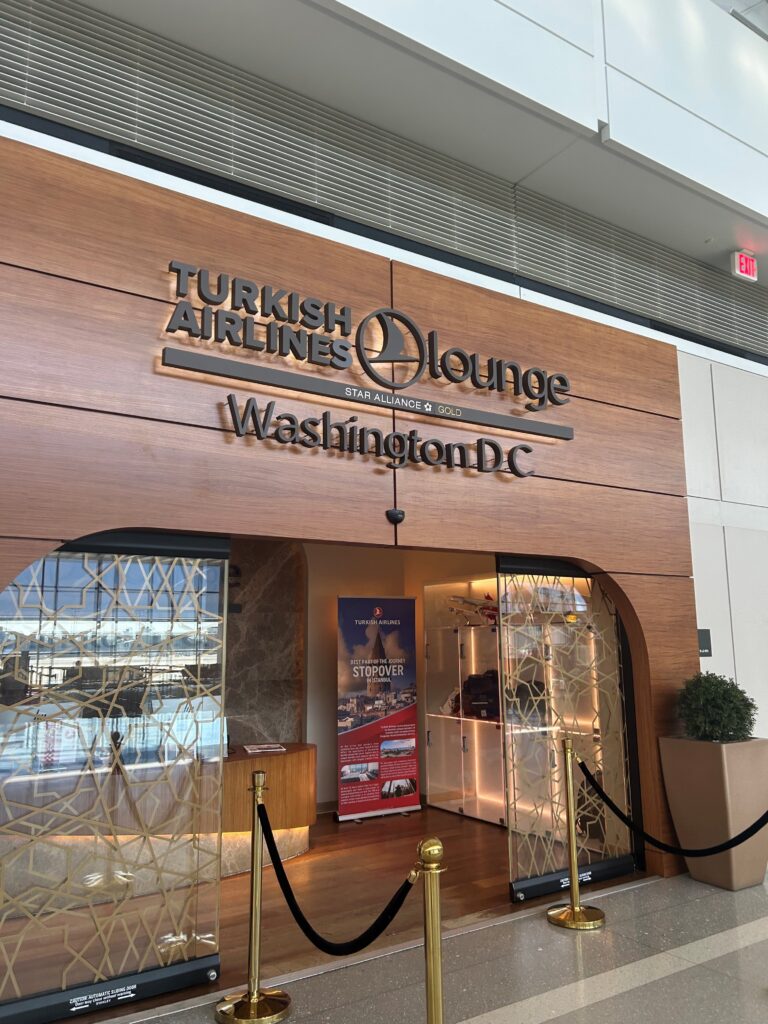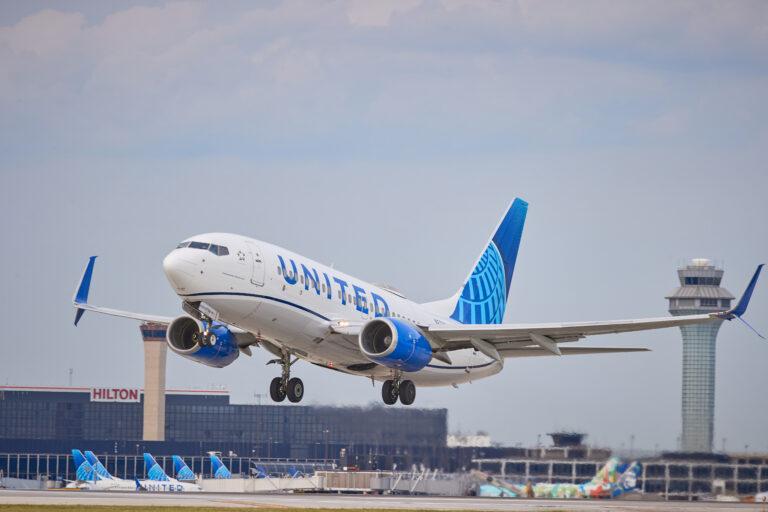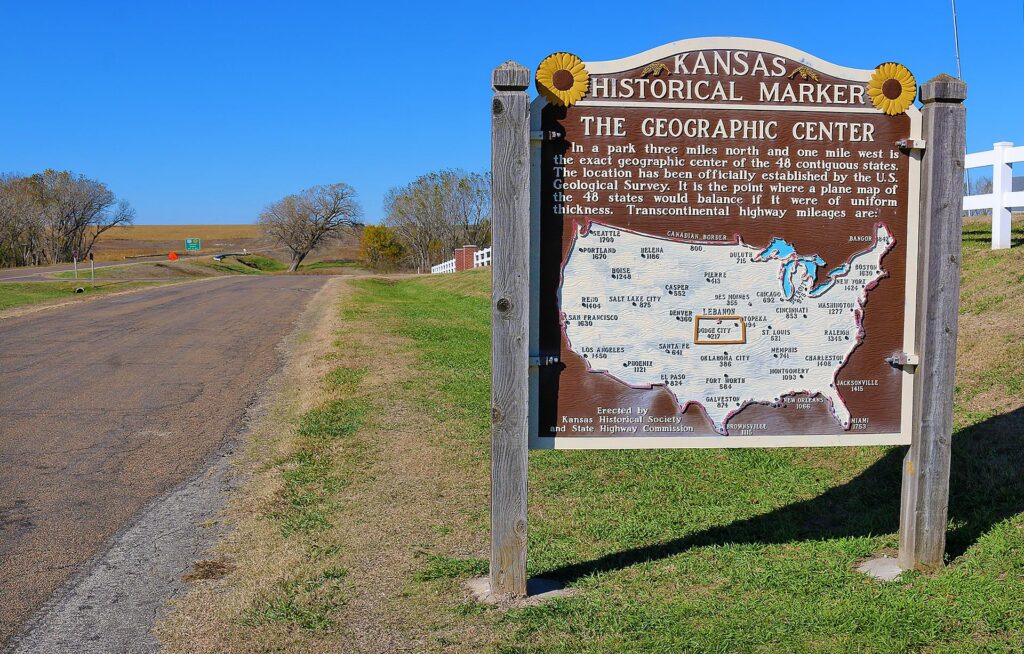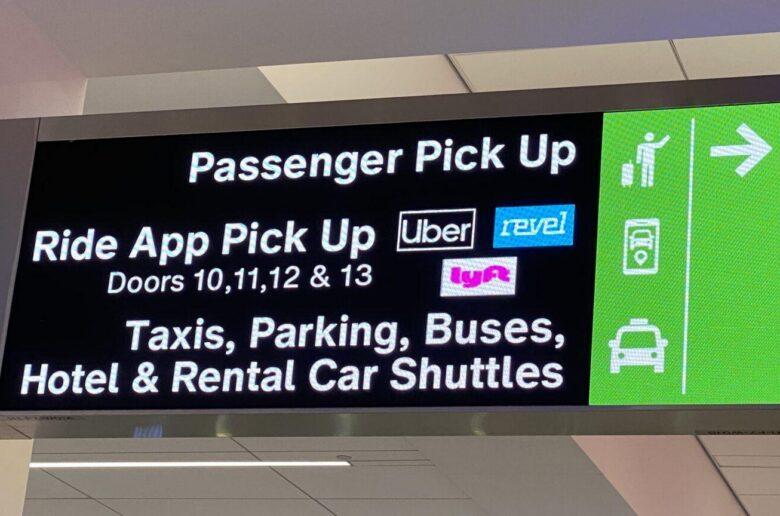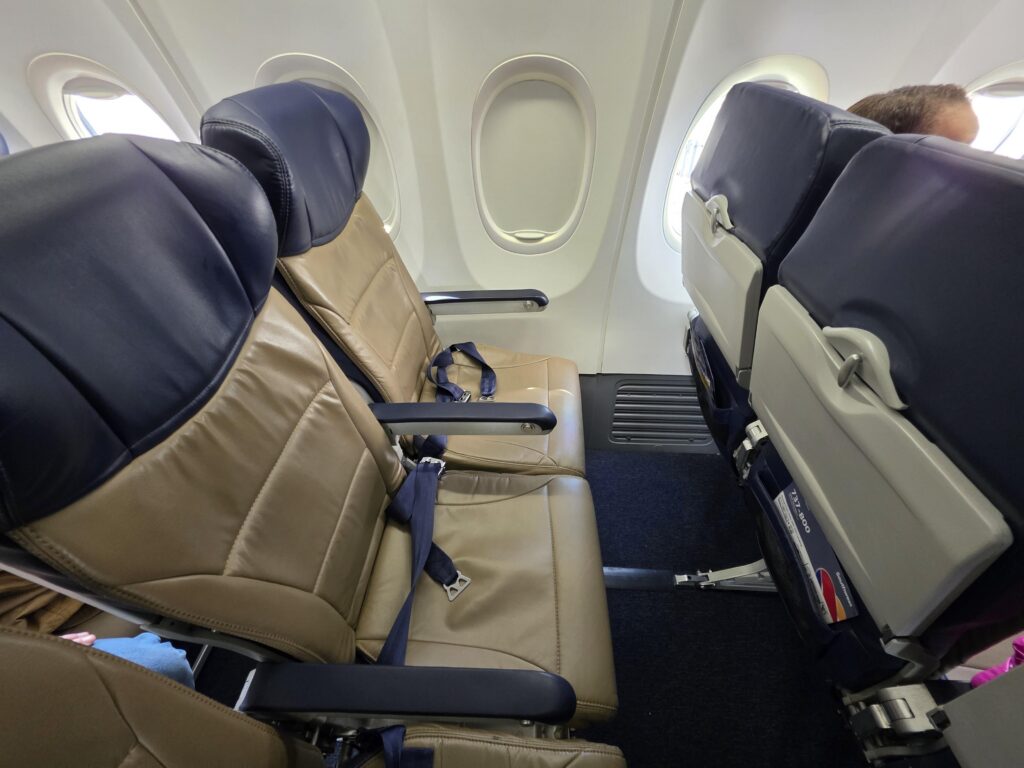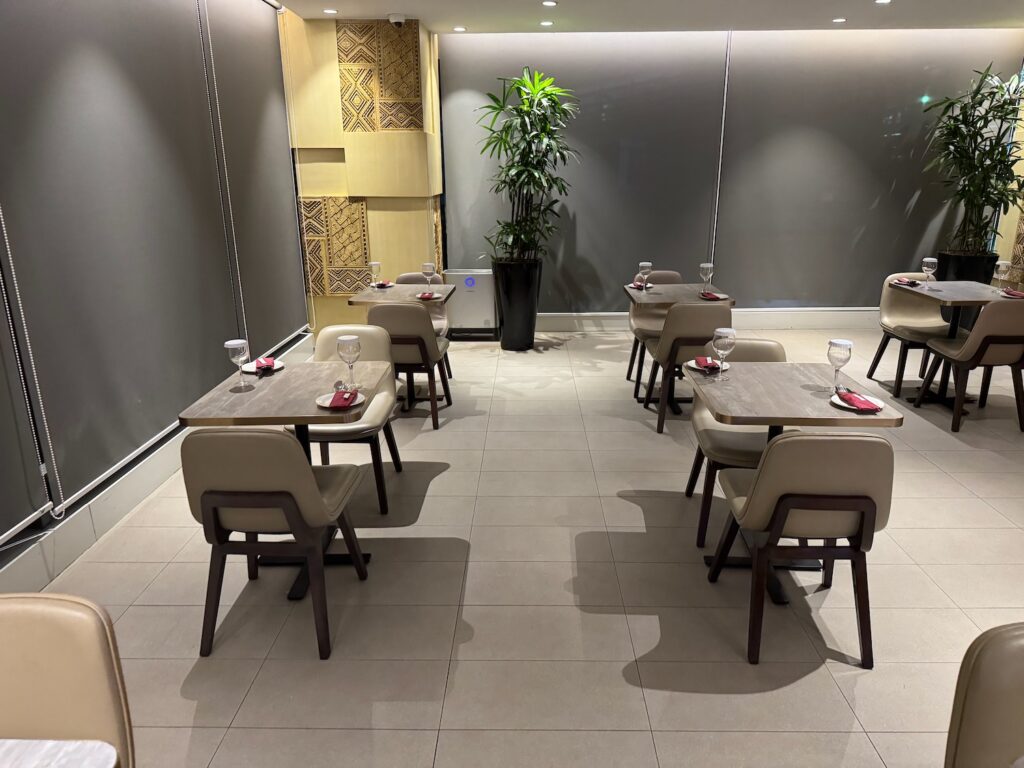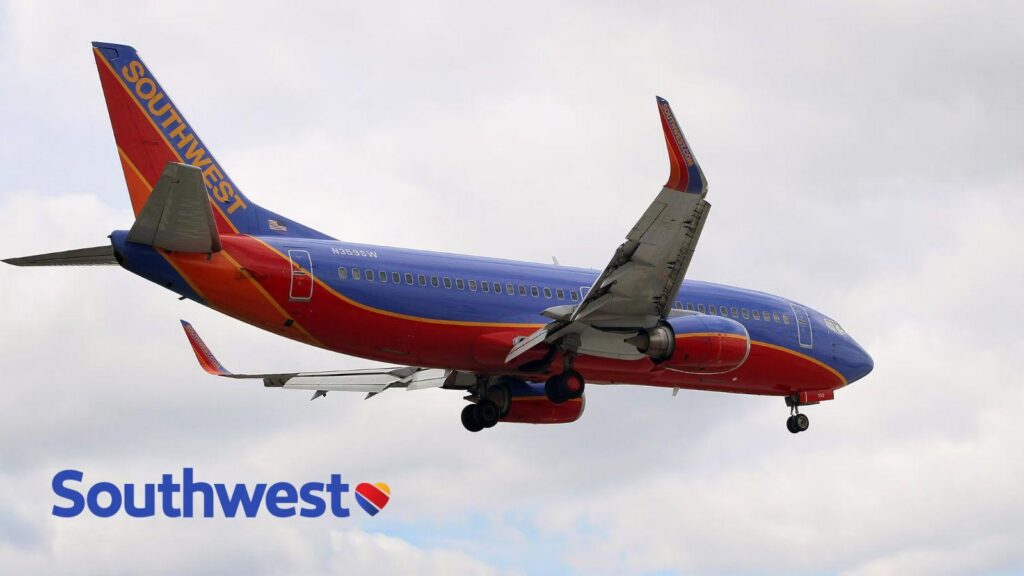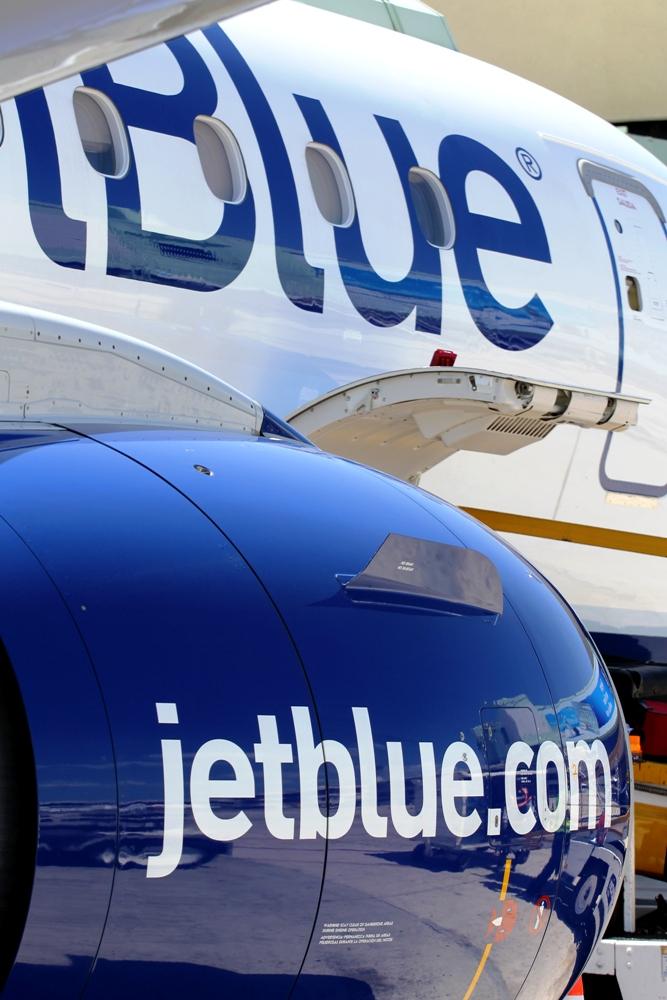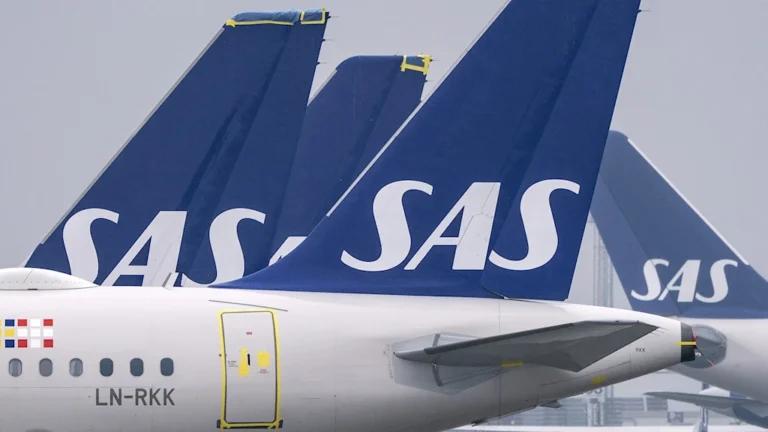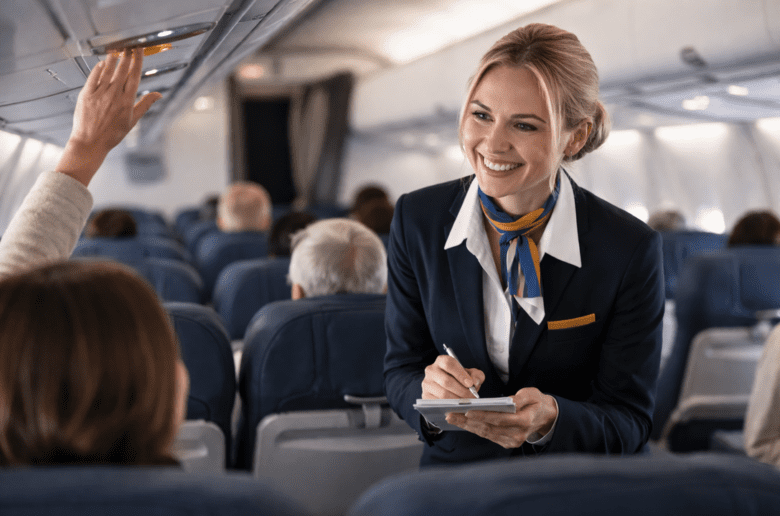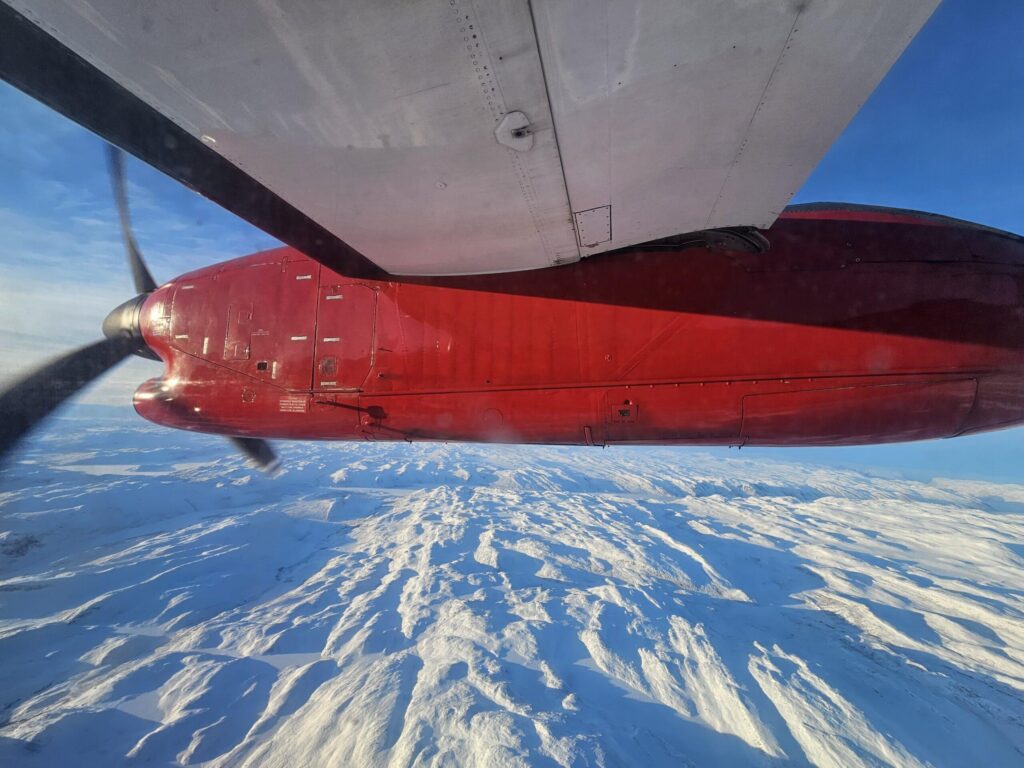Travel Tips for First-Time Travelers: Your Ultimate Guide to a Smooth Journey
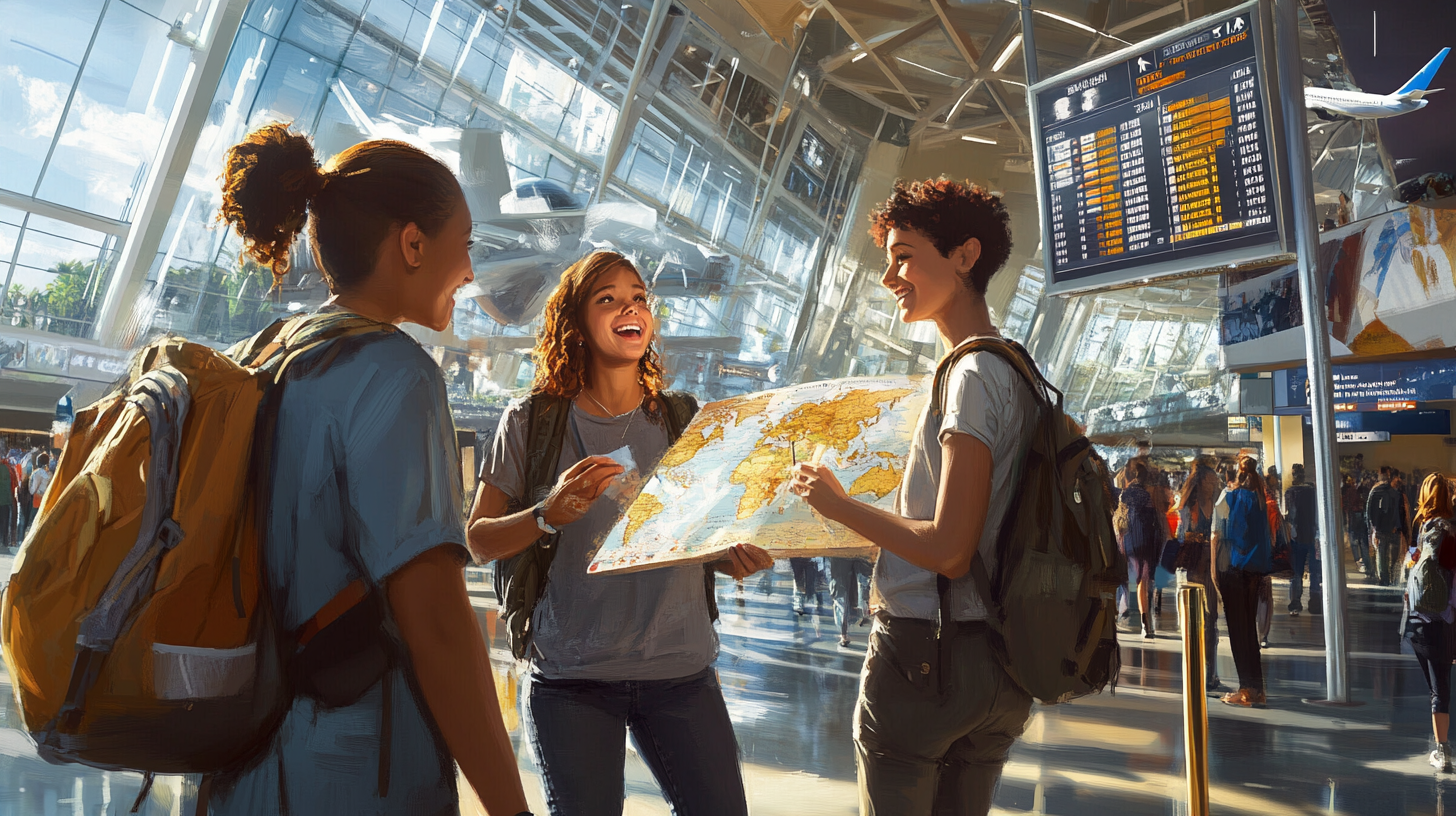
Embarking on your first international adventure is an exhilarating experience filled with anticipation, wonder, and perhaps a touch of apprehension. The world is vast and varied, offering a tapestry of cultures, landscapes, and experiences waiting to be explored. Whether you’re dreaming of exploring the best historical sites in Europe the best historical sites in Europe, indulging in a culinary tour of Southeast Asia’s street food delights a culinary tour of Southeast Asia’s street food delights, or simply seeking new horizons, proper preparation is key to unlocking the full potential of your journey. From navigating unfamiliar customs to ensuring your well-being abroad, there’s a lot to consider. Fear not! We’ve compiled a comprehensive guide packed with essential travel tips for first-time travelers. Dive in to discover how to make your journey memorable, enriching, and hassle-free.
1. Thorough Planning and Preparation
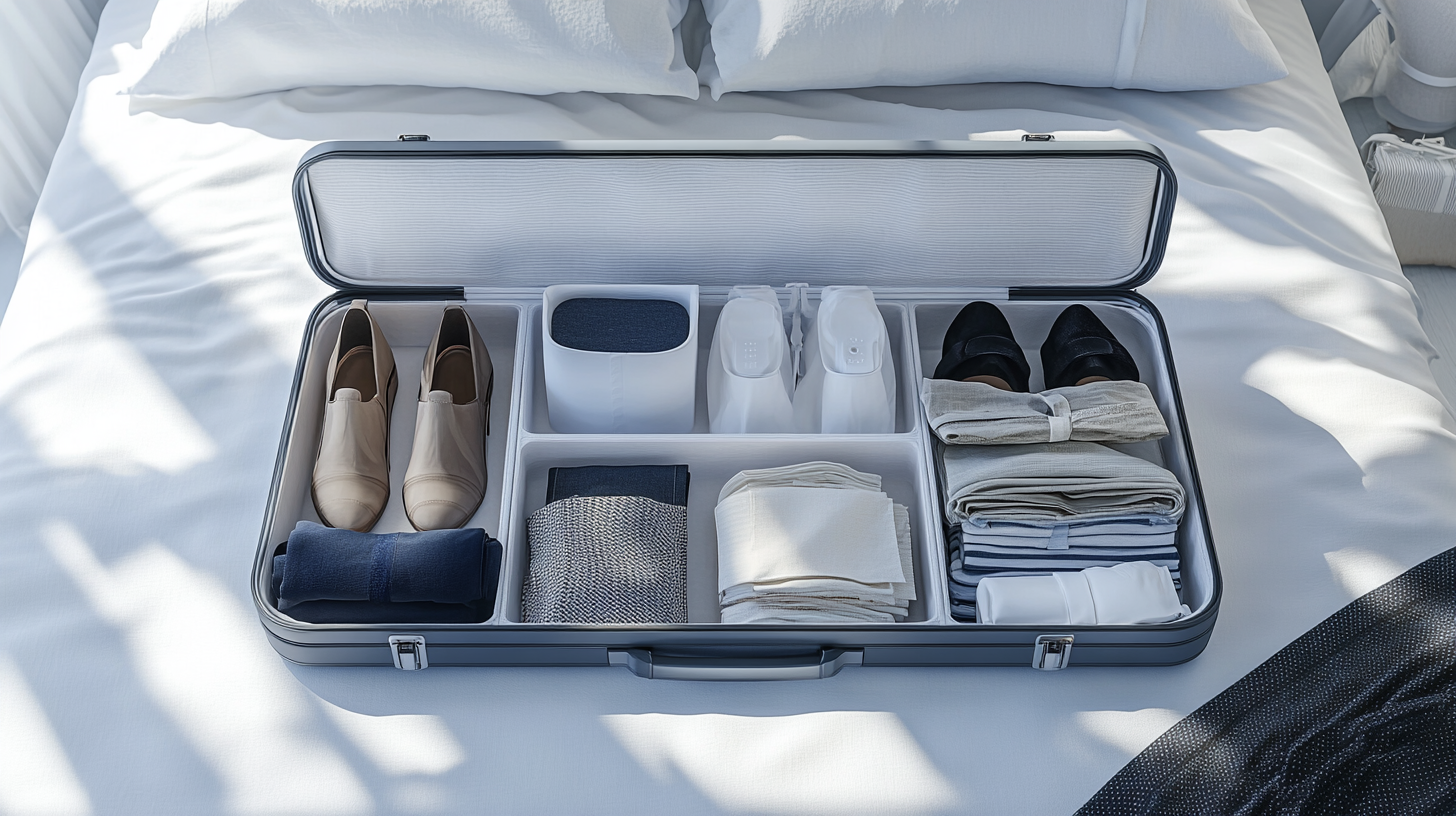
Research Your Destination Inside Out
Before you set foot on foreign soil, immerse yourself in extensive research about your destination. Understanding local customs, traditions, and etiquette not only enriches your travel experience but also shows respect to the host culture. Delve into reliable travel guides, join forums like TripAdvisor, and read blogs from seasoned travelers who have explored your destination. Consider exploring in-depth cultural etiquette guides for international travelers in-depth cultural etiquette guides for international travelers to avoid common faux pas. Knowledge about local attractions, hidden gems, and cultural norms will enhance your journey significantly.
Moreover, connecting with fellow travelers or locals through platforms like global travel community networks for cultural exchange global travel community networks for cultural exchange can provide insider tips and personalized recommendations. Engaging with local communities before your trip can open doors to authentic experiences that typical tourists might miss.
Additionally, stay updated on travel advisories and safety information. Government websites and resources such as comprehensive travel advisories and alerts for international destinations comprehensive travel advisories and alerts for international destinations often provide valuable insights into any regional unrest, health warnings, or visa changes. Being informed ensures you can anticipate potential issues and plan accordingly, safeguarding your trip against unexpected disruptions.
Organize Essential Travel Documents Early
Your passport is your key to the world. Ensure it’s valid for at least six months beyond your planned return date—a common requirement for many countries. Apply for any necessary visas well in advance, as processing times can vary. Consider utilizing trusted visa processing services for hassle-free applications trusted visa processing services for hassle-free applications to streamline the process. For U.S. citizens, the Smart Traveler Enrollment Program (STEP) is a free service that allows you to enroll with the nearest U.S. Embassy or Consulate, enhancing your safety and security. Non-U.S. citizens should check for similar programs offered by their own governments to stay informed and connected while abroad.
If you’re a frequent traveler, enrolling in programs like Global Entry and TSA PreCheck for expedited airport security Global Entry and TSA PreCheck for expedited airport security can save time during departure and arrival. These programs provide expedited processing through customs and security checks, reducing stress during your journey.
Make multiple copies of important documents, including your passport, visa, travel insurance, and itinerary. Keep physical copies in separate bags and store digital copies securely online using services like secure encrypted cloud storage solutions for travelers secure encrypted cloud storage solutions for travelers. In the unfortunate event of loss or theft, having backups will expedite the replacement process and reduce stress. Additionally, consider emailing a copy to a trusted friend or family member who can assist if needed.
Invest in Comprehensive Travel Insurance
Travel insurance is a safety net that no traveler should forego. It covers unforeseen circumstances like medical emergencies, trip cancellations, or lost luggage. Policies vary widely, so it’s crucial to compare options through platforms like comparing comprehensive travel insurance plans tailored to your needs comparing comprehensive travel insurance plans tailored to your needs. Read the fine print to understand what is included and what exclusions may apply. Consider factors like adventure activities, extreme sports, or pre-existing medical conditions that may require specialized coverage. Remember, the peace of mind it provides is invaluable compared to the potential costs of unexpected incidents abroad.
Plan and Budget Wisely
Creating a realistic budget is crucial for managing expenses and avoiding financial stress during your trip. Account for accommodations, meals, transportation, activities, and a contingency fund for emergencies. Utilize budgeting apps like Trail Wallet or top travel budgeting tools for expense tracking top travel budgeting tools for expense tracking to help track your spending in real-time. Research the cost of living in your destination to set accurate expectations, and consider currency fluctuations in your planning.
Booking flights and accommodations in advance often leads to significant savings. Use fare comparison websites and set price alerts on platforms like best flight and accommodation deal finders for travelers best flight and accommodation deal finders for travelers to capitalize on the best deals. Additionally, consider the benefits of flexible itineraries, which can open doors to unique experiences and cost-effective options. Don’t forget to factor in travel insurance, visa fees, and any required vaccinations into your budget.
2. Smart Packing Strategies

Pack Light and Efficiently
Overpacking is a common pitfall for first-time travelers. Aim for a 30- to 45-liter backpack or suitcase to encourage minimalism. Not only does packing light make transit easier, but it also leaves room for souvenirs. Use a packing list, such as the ultimate minimalist packing checklist for savvy travelers the ultimate minimalist packing checklist for savvy travelers, to ensure you bring essentials without excess. Rolling clothes, using packing cubes, and wearing bulky items during transit can save space and weight. Also, consider versatile clothing items that can be mixed and matched to create multiple outfits.
Invest in quality luggage that is durable and secure. Luggage with distinctive features or tags can prevent mix-ups at baggage claim. Remember to check airline luggage restrictions to avoid unexpected fees or complications at the airport. If you’re considering carry-on-only travel, verify size and weight limits for your airline, and review prohibited items to ensure compliance with security regulations.
Carry Essential Items
Your carry-on should contain valuables and necessities. Include items like a basic first-aid kit, essential medications, travel documents, and electronics chargers. Don’t forget a universal adapter compatible with the electrical outlets at your destination; consider one with USB ports for added convenience. Bringing a portable battery pack ensures your devices stay charged during long days of exploration. Noise-canceling headphones or earplugs and an eye mask can enhance comfort during flights or in noisy accommodations.
Include a reusable water bottle to stay hydrated and reduce plastic waste. Packing a lightweight, quick-dry towel and a compact umbrella or rain jacket can prepare you for unforeseen weather changes. Consider carrying a small amount of local currency for immediate expenses upon arrival. A travel journal or a book can also be a great companion during transit times.
Secure Your Belongings
Safety should be a priority when packing. Use luggage locks approved by the Transportation Security Administration (TSA) to secure your bags, or consider using cable lock systems for securing multiple bags together cable lock systems for securing multiple bags together. Anti-theft backpacks with hidden zippers and RFID-blocking pockets can protect against electronic pickpocketing and unauthorized scanning of your credit cards or passport information. For added security, consider attaching compact GPS tracking devices for luggage compact GPS tracking devices for luggage to your bags to locate them in case of loss or theft.
Distribute your money and cards across different locations on your person and in your luggage. Money belts or concealed pockets can deter thieves. Additionally, keep digital backups of important documents in encrypted cloud storage for easy access in emergencies. Be cautious when using public Wi-Fi networks; using a VPN (Virtual Private Network) can secure your data from potential cyber threats.
Adapt to Local Customs and Needs
Researching local dress codes can inform your packing choices, helping you dress appropriately and respectfully. In conservative regions, modest attire is often appreciated and sometimes required, particularly when visiting religious sites. Packing a versatile scarf or shawl can be both a fashion accessory and a practical item for covering up when needed. Consider reading guides on cultural dress codes and norms for international destinations guides on cultural dress codes and norms for international destinations to ensure you’re well-prepared.
If you plan on engaging in specific activities like hiking, swimming, or visiting sacred sites, pack accordingly. Comfortable walking shoes are essential for urban exploration or nature trails. Quick-dry clothing and eco-friendly travel gear for outdoor adventures eco-friendly travel gear for outdoor adventures can enhance your experience and ensure you’re prepared for all planned excursions. Don’t forget to pack appropriate swimwear if you’re heading to beaches or hot springs, keeping in mind local customs regarding swim attire.
3. Financial Preparedness

Notify Your Bank and Understand Your Cards
Inform your bank and credit card companies of your travel plans to prevent them from flagging foreign transactions as fraudulent. Inquire about foreign transaction fees and consider using a credit card that offers travel rewards or has no international fees to save money. Research options like best international travel credit cards with no foreign transaction fees best international travel credit cards with no foreign transaction fees to optimize your spending abroad.
Carry more than one form of payment, such as a debit card, credit card, and some cash. This diversification protects you in case one method fails or gets lost. Some countries are cash-centric, so having local currency is essential for small vendors, transportation, and tipping.
Understand the Local Currency and Exchange Rates
Familiarize yourself with the local currency and current exchange rates before arrival. Apps like XE Currency can provide real-time rates and help you budget accurately. Avoid exchanging money at airports or hotels where rates are often unfavorable. Instead, use local banks or ATMs, which typically offer better rates. Consider reading strategies for getting the best currency exchange rates abroad strategies for getting the best currency exchange rates abroad to maximize your travel funds.
Be cautious of dynamic currency conversion options that allow you to pay in your home currency, as they often come with hidden fees. Paying in the local currency is usually more cost-effective.
Set Up a Travel-Friendly Bank Account
Some banks offer accounts tailored for travelers, with benefits like no ATM withdrawal fees worldwide. Research and consider opening an account that supports your financial needs abroad, such as those highlighted in top international bank accounts for frequent travelers top international bank accounts for frequent travelers. Having access to your funds without incurring hefty fees can significantly affect your travel budget.
Keep emergency funds separate from your daily spending money. This reserve can be invaluable in situations like losing your wallet or unexpected expenses.
Use Financial Tracking Tools
Maintaining a daily expense tracker helps you stay within your budget. Tools like Mint or a simple spreadsheet can monitor your spending habits. This practice not only keeps your finances in check but also provides insights into where you might adjust your spending for future travels. Consider utilizing best personal finance apps for travelers best personal finance apps for travelers to streamline this process.
4. Health and Safety Measures

Stay Informed About Health Requirements
Check if your destination requires vaccinations or has prevalent health risks. Visit travel health websites or consult a travel clinic several weeks before departure. Immunizations for diseases like yellow fever, typhoid, or hepatitis may be recommended or required. Refer to resources like comprehensive travel health advisories and vaccination recommendations comprehensive travel health advisories and vaccination recommendations for the most current information.
Carry a basic first-aid kit tailored to your needs, including prescription medications, over-the-counter pain relievers, antiseptics, and any personal health items. Remember to pack medications in their original containers and bring copies of prescriptions to avoid issues at customs.
Prioritize Travel Insurance and Safety
Comprehensive travel insurance should cover medical emergencies, evacuation, and repatriation. In case of illness or injury, having coverage ensures you receive necessary care without exorbitant costs. Some policies also cover adventure activities, so select one that fits your itinerary. Consider policies recommended by top-rated travel insurance providers for international trips top-rated travel insurance providers for international trips.
Stay updated on safety conditions by registering with your country’s embassy through programs like STEP. Knowing local emergency numbers, hospital locations, and embassy contacts can expedite assistance if needed.
Protect Yourself Against Theft
Theft can happen anywhere, so adopting practical safety habits is wise. Keep your wallet in your front pocket or use a cross-body bag with secure closures. Be cautious in crowded areas, where pickpockets are most active. Reading effective strategies to prevent theft while traveling effective strategies to prevent theft while traveling can provide additional tips.
Avoid displaying expensive items like jewelry or high-end electronics openly. Using discreet accessories and keeping valuables out of sight reduces the temptation for opportunistic thieves.
Maintain Personal Well-being
Travel fatigue is real. Combat it by staying hydrated, eating balanced meals, and getting adequate rest. Jet lag can impact your energy levels, so try to adjust to the local time zone quickly by aligning your sleep schedule. Consider techniques from proven methods to overcome jet lag quickly proven methods to overcome jet lag quickly to ease the transition.
Moderate alcohol consumption, especially in unfamiliar environments. Staying alert keeps you safe and fully able to enjoy your surroundings. Always trust your instincts—if a situation doesn’t feel right, remove yourself promptly.
5. Embracing Cultural Etiquette and Open-Mindedness

Learn Basic Local Language Phrases
Knowing a few key phrases in the local language can significantly enhance your interactions. Simple greetings, thank yous, and polite expressions demonstrate respect and foster goodwill. Locals often appreciate the effort, which can lead to more authentic experiences. Utilize resources like essential language phrases for travelers in multiple languages essential language phrases for travelers in multiple languages to get started.
Language apps like Duolingo or phrasebooks can aid in learning on the go. Even if fluency isn’t attainable, your attempts can make navigating daily activities smoother.
Respect Local Customs and Laws
Cultural norms vary widely around the world. Researching these differences helps avoid unintentional offenses. For instance, dress codes in religious or conservative areas may require modest attire. Understanding dining etiquette, tipping practices, and social gestures ensures you interact appropriately. Reading through comprehensive guides to global customs and etiquette comprehensive guides to global customs and etiquette can provide valuable insights.
Always adhere to local laws, as ignorance is not considered a valid defense. Behaviors acceptable at home may be illegal elsewhere. Being mindful of regulations, from photography restrictions to prohibitions on certain substances, protects you from legal trouble.
Be Open to New Experiences
Travel is an opportunity to broaden your horizons. Embrace the unfamiliar by trying local cuisines, participating in traditional events, or exploring non-touristy neighborhoods. Such experiences often become the most memorable parts of a journey. Consider joining immersive cultural exchange programs for travelers immersive cultural exchange programs for travelers to deepen your engagement.
Maintain flexibility in your plans. Unexpected changes can lead to serendipitous discoveries. An open-minded attitude allows for personal growth and deeper cultural understanding.
Avoid Over-Bargaining and Show Kindness
While bargaining is customary in many cultures, it’s important to do so respectfully. Understand the value of goods and aim for fair prices that honor the vendor’s livelihood. Over-bargaining can be perceived as disrespectful. Reading ethical bargaining practices for travelers ethical bargaining practices for travelers can help you navigate these interactions sensitively.
Kindness transcends language barriers. Small gestures, patience, and politeness foster positive interactions. Treat everyone you meet with respect, and you’re likely to receive the same in return.
6. Leveraging Technology and Connectivity

Stay Connected with Reliable Communication
In today’s digital age, staying connected is easier than ever. Consider purchasing a local SIM card or using an eSIM to access affordable data plans. This connectivity ensures you can use maps, translation apps, and stay in touch with loved ones. Review options like best international SIM cards and data plans for travelers best international SIM cards and data plans for travelers to find the right fit for your needs.
Alternatively, rely on free Wi-Fi available in cafes, hotels, and public spaces. Use messaging apps like WhatsApp or Skype to communicate without incurring international calling fees.
Utilize Travel Apps
Numerous apps can simplify your travel experience. Download offline maps through apps like Google Maps or Maps.me to navigate without data. Language translation apps can bridge communication gaps in real-time. Explore recommended tools in must-have travel apps for first-time international travelers must-have travel apps for first-time international travelers.
Budgeting apps, currency converters, and weather forecasts are valuable tools. By leveraging technology, you can enhance efficiency and make informed decisions on the go.
Prepare for Electronic Needs
Research the electrical standards of your destination. Invest in a universal adapter to charge your devices. Voltage differences can damage electronics, so ensure your equipment is compatible or consider bringing a converter. Refer to comprehensive guide to international plugs and voltage requirements comprehensive guide to international plugs and voltage requirements for detailed information.
Back up important information and photos regularly, either to a cloud service or external drive. Protecting your data prevents loss due to theft or hardware failure.
Understand Internet Security Abroad
Using public Wi-Fi networks can expose you to cybersecurity risks. Consider using a Virtual Private Network (VPN) to encrypt your connection. Avoid accessing sensitive information, like banking apps, on unsecured networks to protect your personal data. Explore options like top VPN services for secure international travel top VPN services for secure international travel to enhance your online security.
7. Navigating Travel Logistics

Master Airport Procedures
Airports can be overwhelming, but familiarizing yourself with procedures eases the process. Arrive early to allow time for check-in, security screening, and finding your gate. Keep your boarding pass and identification readily accessible. Consider checking comprehensive airport navigation guides for major international hubs comprehensive airport navigation guides for major international hubs for specific tips.
Understand baggage policies to avoid extra fees. Know the limits for carry-on and checked luggage, including restrictions on liquids and prohibited items. Preparing accordingly streamlines your airport experience.
Book Accommodations and Transportation in Advance
Securing accommodations ahead of time provides peace of mind and often better rates. Research neighborhoods for safety and convenience. Reading reviews on platforms like Booking.com or Airbnb helps set expectations. Consider alternative lodging options highlighted in unique accommodation experiences for adventurous travelers unique accommodation experiences for adventurous travelers for something different.
Understanding local transportation options is crucial. Determine whether taxis, public transit, or ride-sharing services are most practical. Research any apps or payment methods needed, such as transit cards or mobile tickets. Utilize resources like comprehensive transportation guides for international cities comprehensive transportation guides for international cities to plan effectively.
Navigate Local Areas Confidently
Familiarize yourself with the area around your accommodation. Identify nearby landmarks, transit stops, and essential services like grocery stores or pharmacies. This knowledge enhances your independence and comfort in a new environment.
Joining walking tours or using interactive exploration tools like Let’s Roam can provide orientation and uncover unique insights about the locale. For a more personalized experience, explore options like customizable private tours with local guides customizable private tours with local guides.
Remain Flexible and Adaptable
Travel plans can change due to weather, closures, or personal preferences. Building flexibility into your itinerary allows you to adapt without stress. Allocating free days or time cushions between activities prevents over-scheduling and burnout. Consider reading strategies for creating flexible travel itineraries strategies for creating flexible travel itineraries for effective planning.
Embrace unexpected opportunities that arise. Spontaneity can lead to some of the most rewarding travel experiences.
Final Thoughts
Your first international trip is a significant milestone brimming with potential for adventure, learning, and personal growth. By applying these travel tips for first-time travelers, you equip yourself with the tools to navigate the complexities of global exploration confidently. Remember, thorough preparation, an open mind, and a respectful attitude are your greatest assets on this journey.
Follow us back to BoardingArea for more travel insights and tips. Embrace the excitement, cherish each moment, and return home with stories and memories that will last a lifetime. Bon voyage!

